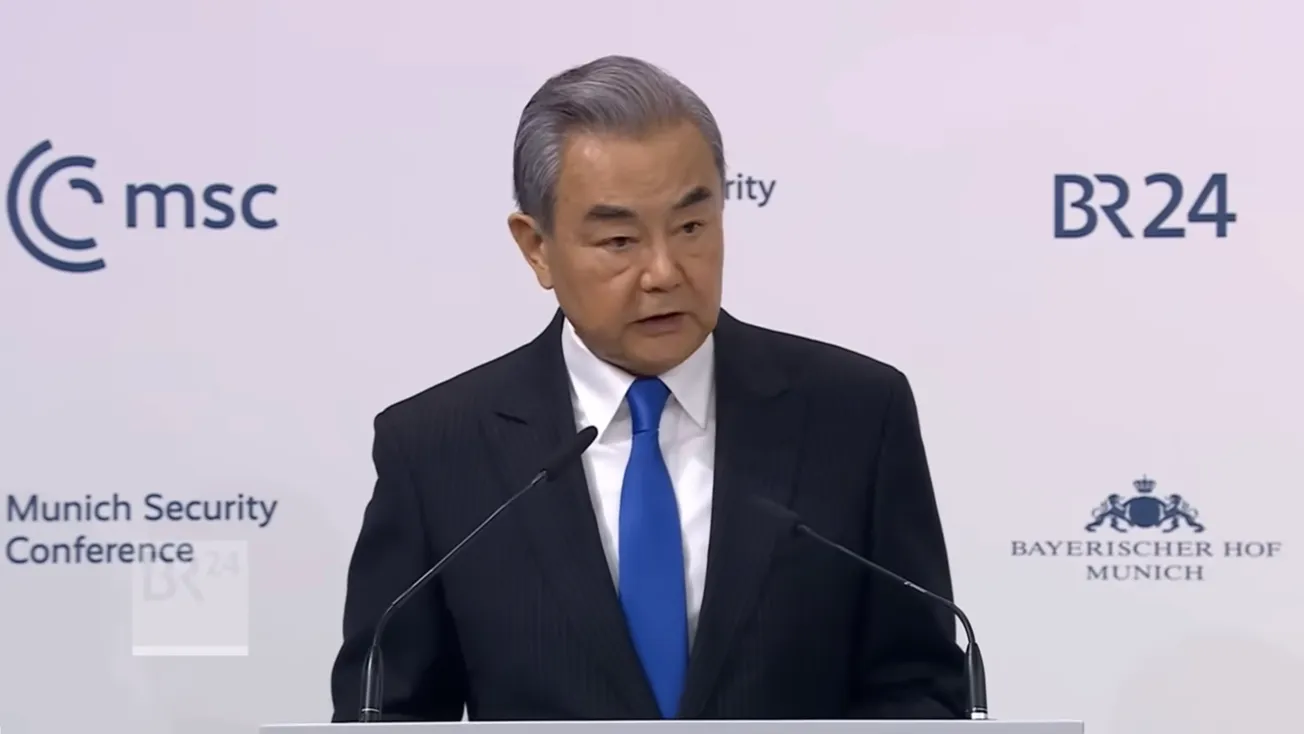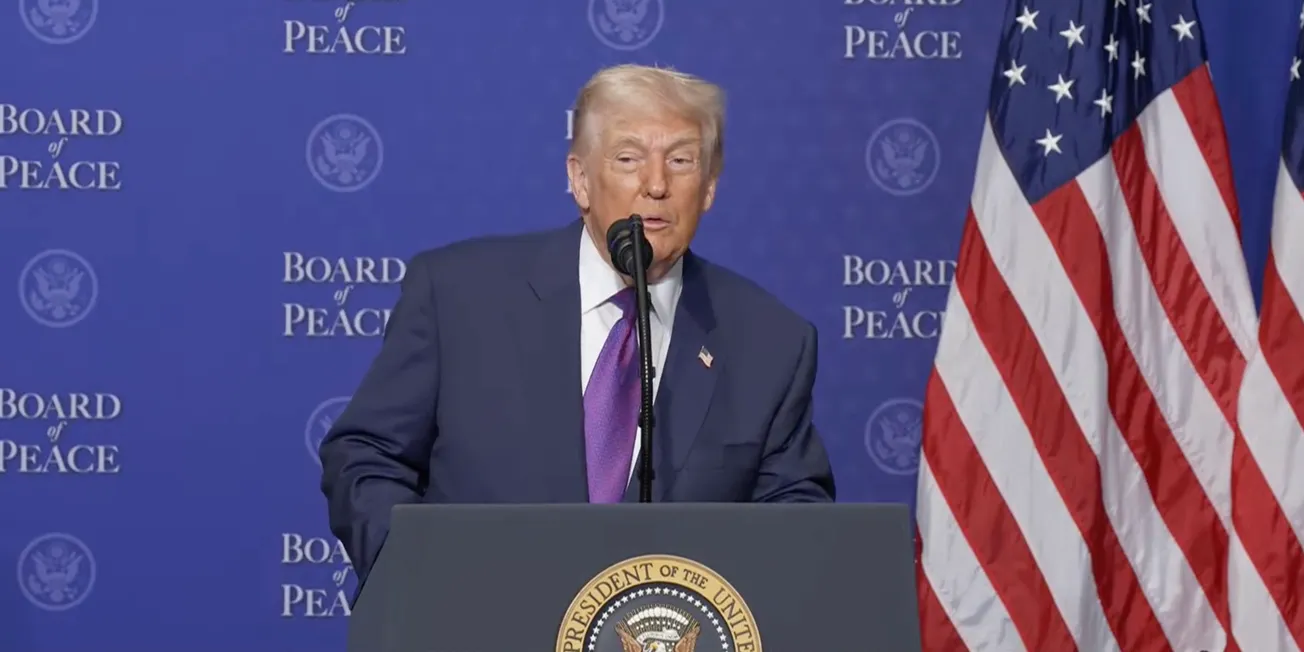China’s Global Times interviewed Scott Ritter on July 7 on the consequences for the Philippines of allowing itself to be used by the United States as a geopolitical tool against China. Ritter warned, as he had during the June 12 National Press Club press conference organized by the Schiller Institute, that the Philippines will be “a broken nation,” if it allows itself to be a pawn in a war whose intent is to further “U.S. neocolonial hegemony over the Pacific. If China’s military buildup in the South China Sea was being done for China to become a regional hegemon, then the Philippines could correctly turn to the U.S. for assistance, he added. But China’s actions in the area are “designed to be a bulwark against U.S. expansion,” not to establish hegemony, and the Philippines should be clear on that. His advice to the Philippines: “If you have a problem with China, and I think you do, you need to talk with China. Diplomacy is the answer.”
As for Americans viewing China as a “bad” or “evil” nation, Ritter said the cartoon-like caricatures promoted in the U.S. of China as “a regional bully”—a projection of what the U.S. is doing, he noted—have the aim of keeping Americans ignorant of anything about China, so they do not question the policy. Since Americans need to learn something about China, he proposed a pathway to break through that ignorance:
“China needs to allow more Americans to come to China, to expose them to the reality of the country. This should be done not by telling Americans what China is, but by letting them discover China for themselves and learn about it. This is a form of information warfare, but one that I don’t think China needs to fear. I think China is very proud of what it has become, the nation it is, and the contributions it has made to the world.
“Once we see the truth about China, we will be in a better position to evaluate the misinformation being spread by our government and then pressure our government to learn to live in peace and harmony with China. If we view the Chinese as normal, rational people, and show respect for their culture and history, there will be no need for confrontation. Instead, the focus will be on peaceful cooperation and coexistence rather than confrontation.”





